
“Take It From An Old Guy”: Older Person Shares Wise Advice On Dealing With The Loss Of A Loved One
There’s nothing in this world that tears you up from the inside out like losing someone close to you. The experience is so profound that scientists are increasingly viewing the experience of traumatic loss as a type of brain injury.
Various other researchers suggest that our experience of loss is mediated by relationships, and the life of those relationships resides in the mind. So our response to grief is deeply personal. So when it happens, it breaks you, but the world as we know it doesn’t stop just there. How to find the strength to live in it?
These wise words from u/GSnow, an old man who, according to himself, “survived (so far) and a lot of people I’ve known and loved did not” were posted on an r/Assistance thread in response to a heartbreaking post: “My friend just died. I don’t know what to do.” But u/GSnow has a lot to say on the matter, explaining the complexity of grieving with an honest and hopeful approach. His advice will comfort anyone struggling to find light, so let’s see what he had to say right below.
An anonymous user shared this heartbreaking message on the r/Assistance subreddit
Image credits: unknown
So this person shared these wise words that explained the essence and complexity of grieving
Image credits: bored panda
Image credits: bored panda
Image credits: GSnow
Image credits: bored panda
Bored Panda reached out to Dr. Lise Deguire, a clinical psychologist and author of “Flashback Girl: Lessons on Resilience From a Burn Survivor,” who shared very important insights on grief with our readers.
“Grief is a natural reaction to loss,” she said and continued: “Aspects of grieving can feel similar to the symptoms of clinical depression (sadness, tearfulness, insomnia, loss of appetite, hopelessness, inappropriate guilt, social withdrawal).” Lise assured that these reactions are a normal part of grief, “as long as the reactions do not go on too long, or aren’t so intense that they pose a danger.”
This year, Lise served as a counseling volunteer for a local hospital. “I was one of a team of psychologists that provided a few sessions to bereaved people who had lost family members to COVID. Almost everyone was experiencing the symptoms that I mentioned above. Each of them were profoundly relieved to learn that their reactions were normal and would most likely be temporary and dissipate over time.”
When asked if there’s any way we could help a grieving person, a clinical psychologist explained that people in grief “need to feel listened to, supported, and cared for.” “Many people avoid talking to grieving people about their loss because they don’t want to ‘bring it up and make them feel bad.’”
“But actually, grieving people are usually thinking about their loss most of the time, so bringing it up doesn’t make them feel bad. Instead, bringing up the loss makes people feel that you understand that they are sad and that you care about them. So, gently talking about the loss is often very healing,” Lise explained.
Lise said that she agrees with the man in this piece. “If you truly loved someone, you never completely recover from their death. The pain of the loss will always be a part of you,” she said. “However, the waves of grief will happen less frequently and be less intense over time. Often over time, grief will start to be accompanied with happier memories, which makes the grief much easier to bear.”
Lise concluded that grief is the price of loving someone, and it is a price most of us are willing to pay.
And this is what other people commented in response to the man’s advice
My mom passed away 2 months ago and I'm desperately trying not to confront it. I can't even think about it. I feel like if I do it'll be unbearable. This was hard to write
I wish I could give you a hug. Do you feel up to telling us something about your mom? I'd love to hear what she was like.
Load More Replies...Beautifully said. I'll be writing this down.
Load More Replies...I still cry at losing my brothers who died far too young. And it happens whenver - something I see, hear or just remember. And the tears start rolling. But it gets better. I can laugh about the things my brothers did and I get joy from that. I know I will miss them (along with my parents) for the rest of my life. But I do need to get on with my life.
Yes, I feel what you're saying. As you get older, you lose people. The best way to remember them, is talk about them. Tell the silly stories, laugh and cry about them. My dad told me that you'll never be dead as long as someone is alive to talk about you.
Load More Replies...My mom passed away 2 months ago and I'm desperately trying not to confront it. I can't even think about it. I feel like if I do it'll be unbearable. This was hard to write
I wish I could give you a hug. Do you feel up to telling us something about your mom? I'd love to hear what she was like.
Load More Replies...Beautifully said. I'll be writing this down.
Load More Replies...I still cry at losing my brothers who died far too young. And it happens whenver - something I see, hear or just remember. And the tears start rolling. But it gets better. I can laugh about the things my brothers did and I get joy from that. I know I will miss them (along with my parents) for the rest of my life. But I do need to get on with my life.
Yes, I feel what you're saying. As you get older, you lose people. The best way to remember them, is talk about them. Tell the silly stories, laugh and cry about them. My dad told me that you'll never be dead as long as someone is alive to talk about you.
Load More Replies...
 Dark Mode
Dark Mode 

 No fees, cancel anytime
No fees, cancel anytime 









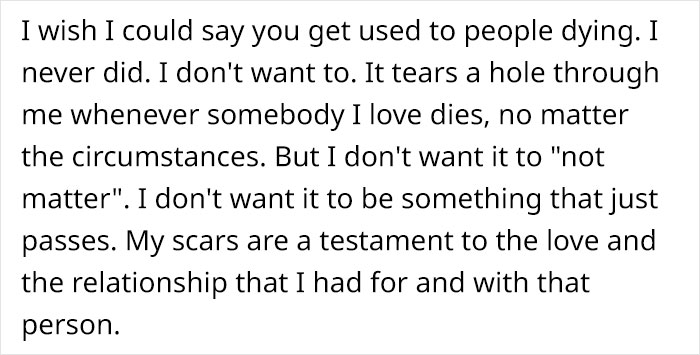
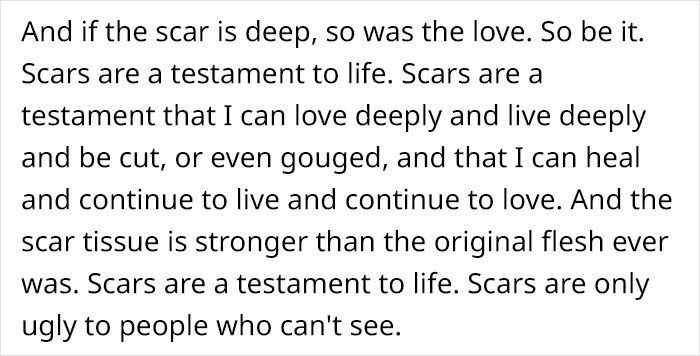
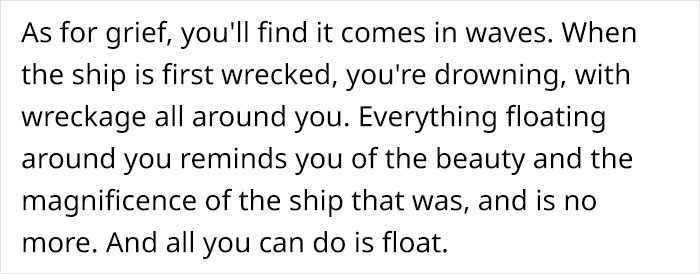
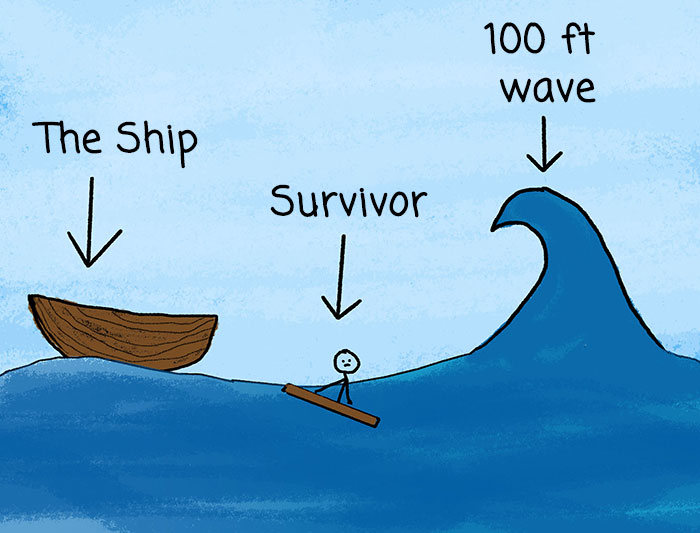


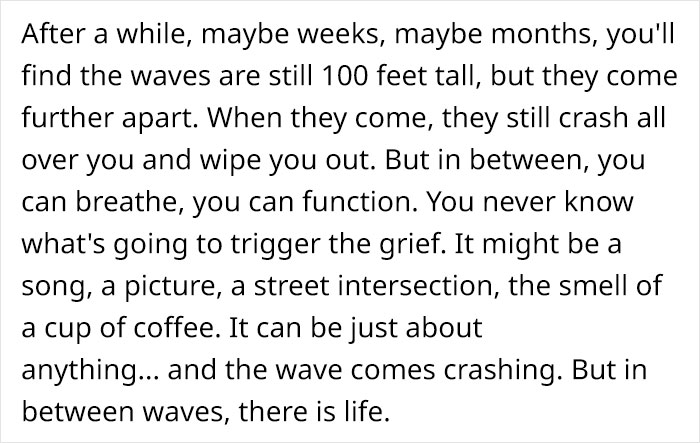

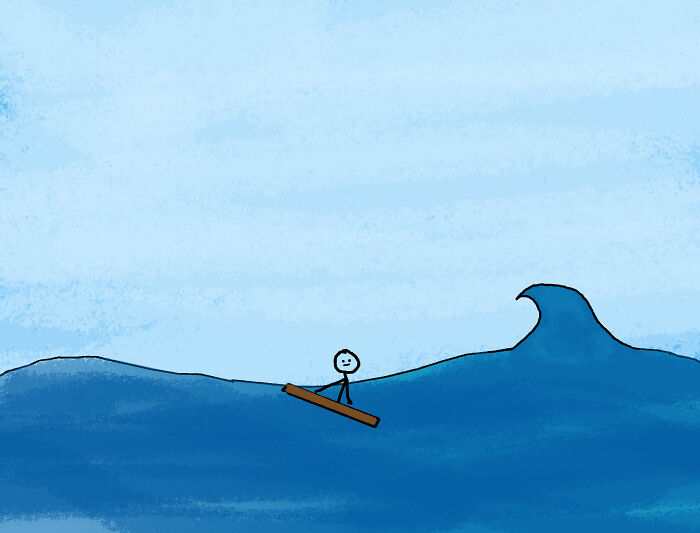
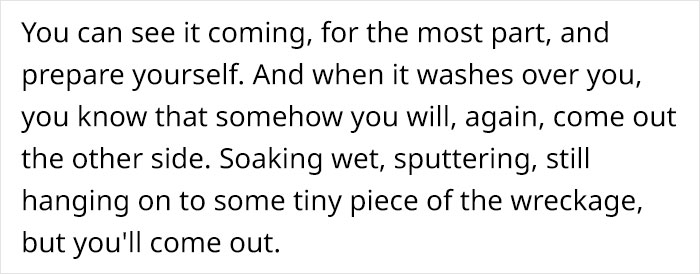
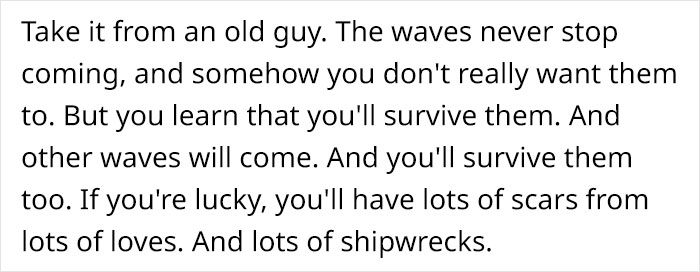
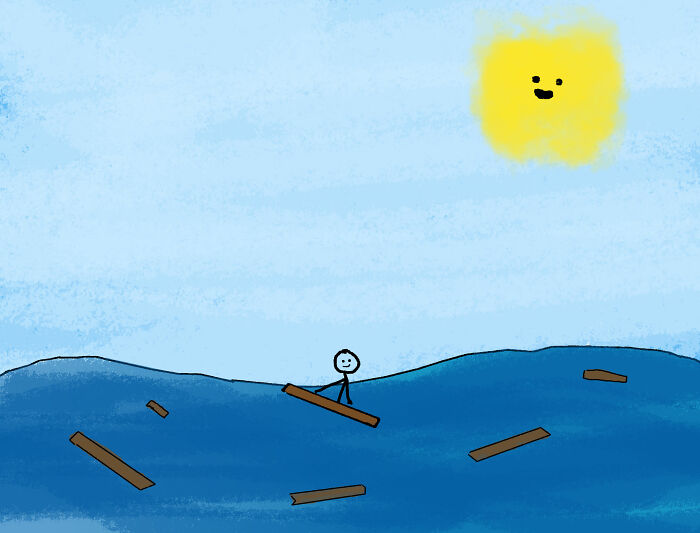








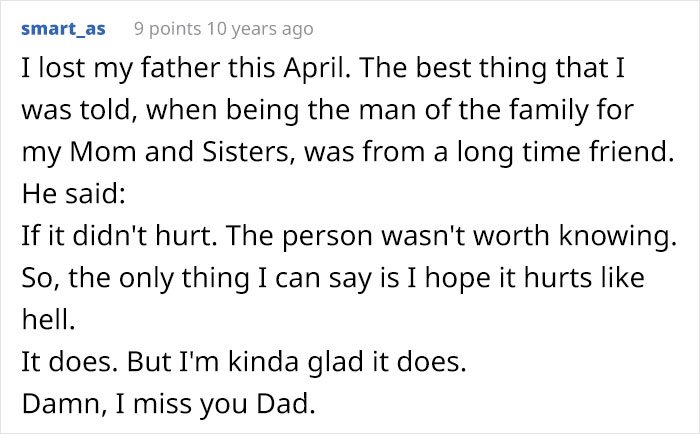














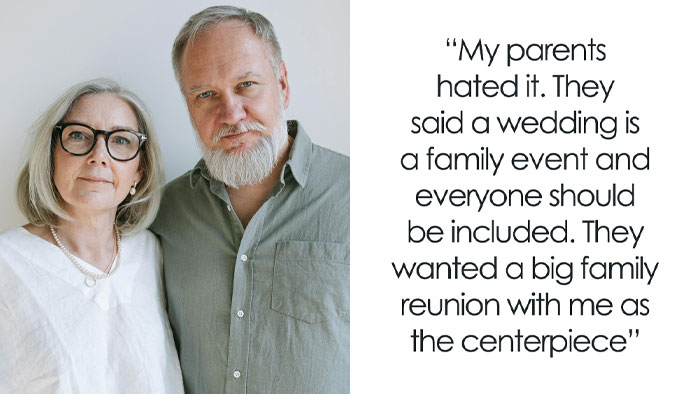
























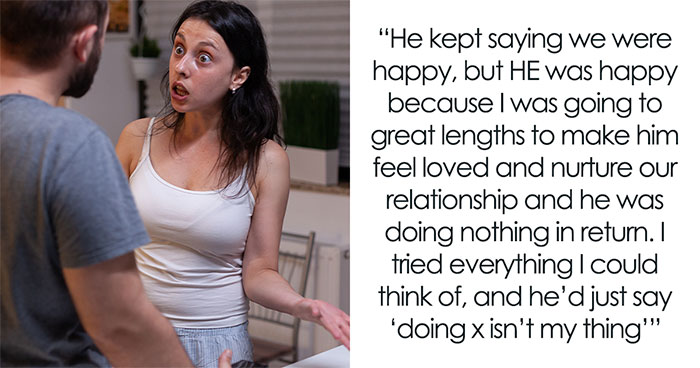





258
43